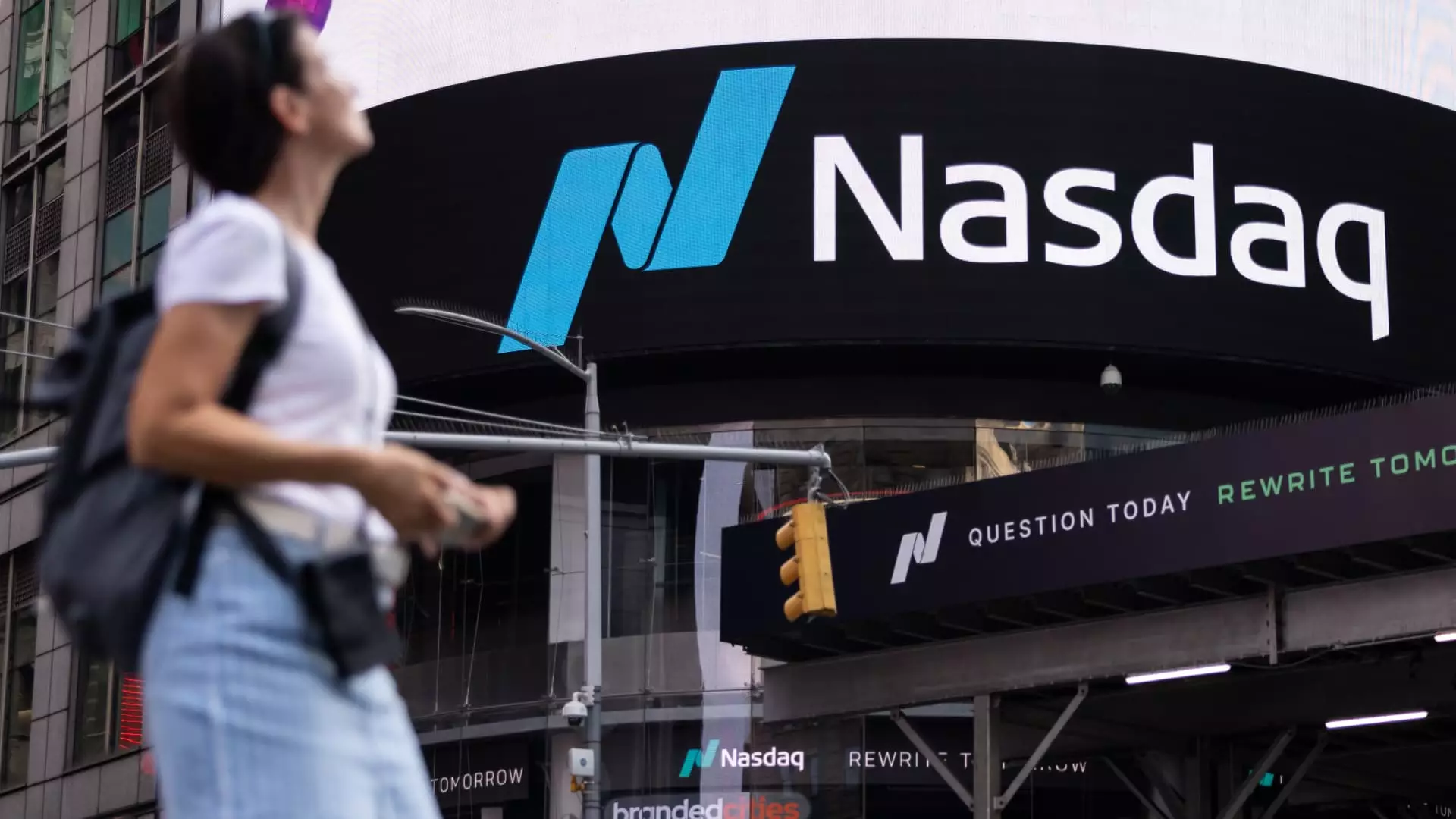In a bold move reflecting the evolving landscape of investment vehicles, KKM Financial has transitioned its Essential 40 mutual fund into an exchange-traded fund (ETF). This transformation underscores a significant trend among asset managers who are increasingly favoring ETFs for their tax efficiency and operational flexibility. The transition is particularly relevant for investors utilizing taxable accounts, as ETFs allow more control over capital gains and losses compared to the often cumbersome tax implications associated with traditional mutual funds.
As noted by Jeff Kilburg, KKM’s founder and CEO, the inherent tax advantages of ETFs have become a compelling factor for wealth advisors grappling with the unpredictability of capital gain distributions in mutual funds. This shift highlights not only a change in individual fund structures but also a broader revolution in how financial products are being perceived and utilized in the investment community.
The momentum toward ETF adoption has been catalyzed by regulatory changes, particularly a 2019 ruling by the Securities and Exchange Commission (SEC) that simplified the operation of active investment strategies within ETFs. This regulatory flexibility has prompted a marked decline in active equity mutual funds, which now reach their lowest levels in over two decades, as illustrated by recent data from Strategas. The current landscape reflects a growing belief among asset managers that the ETF format not only enables tax benefits but also enhances liquidity and marketability of the underlying assets.
Moreover, many industry leaders are advocating for mechanisms that would allow ETFs to exist as a separate share class within established mutual funds. This potential innovation could further streamline investment processes and expand options for investors, reflecting a proactive approach to meet the changing needs of the market.
Insights into KKM’s Essential 40 ETF
KKM Financial’s newly minted ETF, now traded on the Nasdaq under the ticker ESN, embodies the investment philosophy of “buy what you use,” offering an equal-weighted portfolio comprised of 40 essential companies including big names like JPMorgan Chase, Amazon, and Eli Lilly. Kilburg’s perspective is clear—these firms form the backbone of the U.S. economy, and their integrated presence within the ETF portfolio is aimed at safeguarding investors against potential economic downturns.
Traditionally, equal-weighted funds have shown resilience during market pullbacks, contrasting with market-cap-weighted indexes that may be overly influenced by a few dominant stocks—a concern that has preoccupied many analysts in light of the “Magnificent Seven” phenomenon in 2023. The success of alternatives like the Invesco S&P 500 Equal Weight ETF (RSP), which attracted over $14 billion in investments this year, further validates the effectiveness of this strategy amid market volatility.
Before its transition, KKM’s Essential 40 mutual fund demonstrated commendable performance metrics, receiving a three-star rating from Morningstar. Of particular note was 2022, which proved to be challenging for many funds. However, the Essential 40 mitigated losses better than the average sector fund—declining less than 11% compared to a category average drop of about 17%. This performance suggests that KKM’s investment strategy may offer a more balanced risk profile for investors.
As the new ETF, the Essential 40 will maintain its competitive edge with a net expense ratio of 0.70%, reflecting the cost structure of its mutual fund predecessor. With assets totaling approximately $70 million prior to conversion, the foundation appears solid for the ETF’s growth trajectory in the coming years.
The Future of Asset Management
KKM Financial’s shift from mutual funds to ETFs signals a crucial turning point in asset management practices. As more asset managers follow suit, this trend is likely to redefine investment strategies catering to tax efficiency and investor preference. The evolution towards ETFs will likely continue to empower investors with greater control over their portfolios, fostering an environment where the needs of the individual investor take precedence.
As the investment landscape transforms, the interplay between regulation, market dynamics, and investor preferences will shape the future of financial products. KKM Financial’s strategic move is not merely a response to current trends but rather a proactive step toward aligning with the future of asset management.

